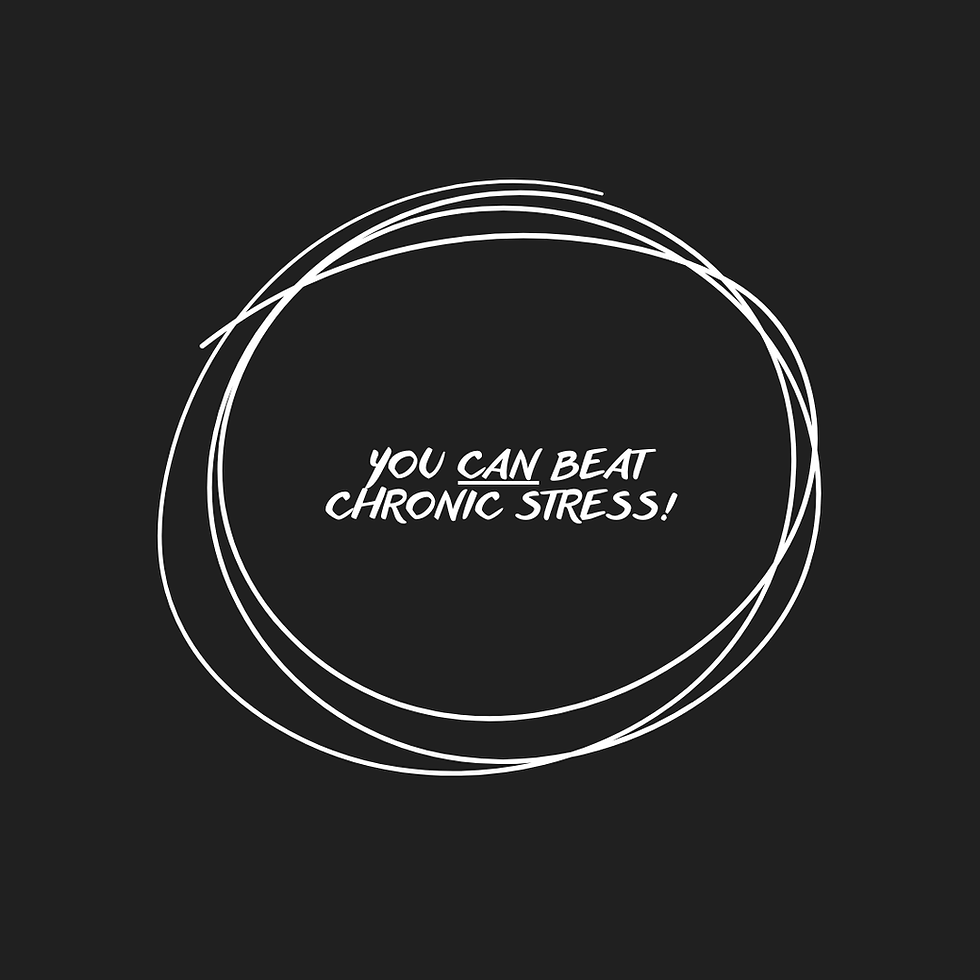Why You're Stuck: The Hidden Power of Habits in Achieving Your Goals
- brandiholder1
- Aug 8, 2024
- 3 min read
You've set goals. You've made plans. You've even taken some action. But somehow, you're still not where you want to be. Sound familiar?
The culprit might not be your ambition or your abilities. It's likely your habits.
Think about it. How many times have you promised yourself you'd get better at the work/life balance thing, lose that weight, or write that book? And how many times have you fallen short? (Don't worry, I have my hand up too!)

It's not because you're lazy or incapable. It's because you're trying to achieve your goals using willpower alone, and willpower is a finite resource.
The Science of Why You Can't "Just Do It"
Nearly 45% of our daily actions are habits, not conscious decisions. That means almost half of what you do every day is on autopilot!
Your brain loves efficiency. It's constantly looking for ways to conserve energy, and habits are its favorite tool for this.
Every time you repeat a behavior, you strengthen the neural pathway associated with it. Over time, this pathway becomes so efficient that your brain can perform the action with minimal effort.
This is great when the habit aligns with your goals. But when it doesn't? You're literally fighting against your own brain's wiring.
The Hidden Power of Triggers
Ever wonder why you automatically reach for your phone when you're bored? Or why you always seem to snack while watching TV?
These are triggers in action. Triggers are the cues that prompt your habitual behaviors. They can be:
Emotional (stress, boredom, happiness)
Situational (being in a certain place or with certain people)
Time-based (specific times of day)
Understanding your triggers is the first step to rewiring your habits.
Leveraging Habits to Expand Your Comfort Zone
Here's where it gets exciting. By understanding the science of habit formation, you can actually expand your comfort zone with less stress and anxiety.
How? Small, consistent changes.
Instead of overhauling your entire life overnight, focus on tiny habits that align with your goals. These small wins create a positive feedback loop in your brain, making it easier to tackle bigger changes over time.
For example, if public speaking is outside your comfort zone, start with a tiny habit, like practicing a one-minute speech in front of the mirror each day. As this becomes routine, you can gradually increase the challenge, perhaps by recording your speech or joining a small speaking group.
This process works because you're using the power of habit formation to your advantage. You're not fighting against your brain's wiring but creating new, beneficial neural pathways.
Keep in mind that not all routines will become automatic habits, especially those requiring concentration and deliberation. Be patient with yourself and the process. The important part is consistency in your routines, even if they don't all become unconscious habits.
Practical Steps to Harness the Power of Habits:
Set clear intentions and be realistic about what can become a habit.
Prepare for roadblocks by identifying what's stopped you in the past.
Use nudges like scheduling time for your new routine or starting with micro habits (for example, if your goal is to write more, start by blocking off 15 minutes every day before breakfast).
Try bundling - pair an enjoyable activity with a less enjoyable but beneficial one (for example, a lot of people save a favorite show or podcast for their workout).
Show yourself compassion. Change takes time, and setbacks are normal.
Getting the Support You Need
While understanding habits is crucial, sometimes, we need extra support to make lasting changes. That's why many people hire coaches or find accountability buddies. Having someone to guide you, provide feedback, and hold you accountable can dramatically increase your chances of success.
A coach can help you identify your current habits, pinpoint areas for improvement, and develop strategies tailored to your specific goals and challenges. They can also provide the encouragement and perspective you need when facing setbacks.
Why This Matters
If you're not where you want to be, it's likely because your current habits are keeping you stuck. But here's the good news: once you understand how habits work, you can use them to your advantage.
By focusing on habit formation instead of just goal-setting, you can:
Achieve your goals with less effort
Make lasting changes that stick
Expand your comfort zone naturally
Increase your confidence and self-efficacy
Remember, it's not about changing everything overnight. It's about consistent, intentional steps towards your goals.
______________________
Want some help with finally doing the thing you want to do? Let's chat.
Book a session today – no cost, no commitment – and let's see what actions you can take to move in the direction of your dreams.


